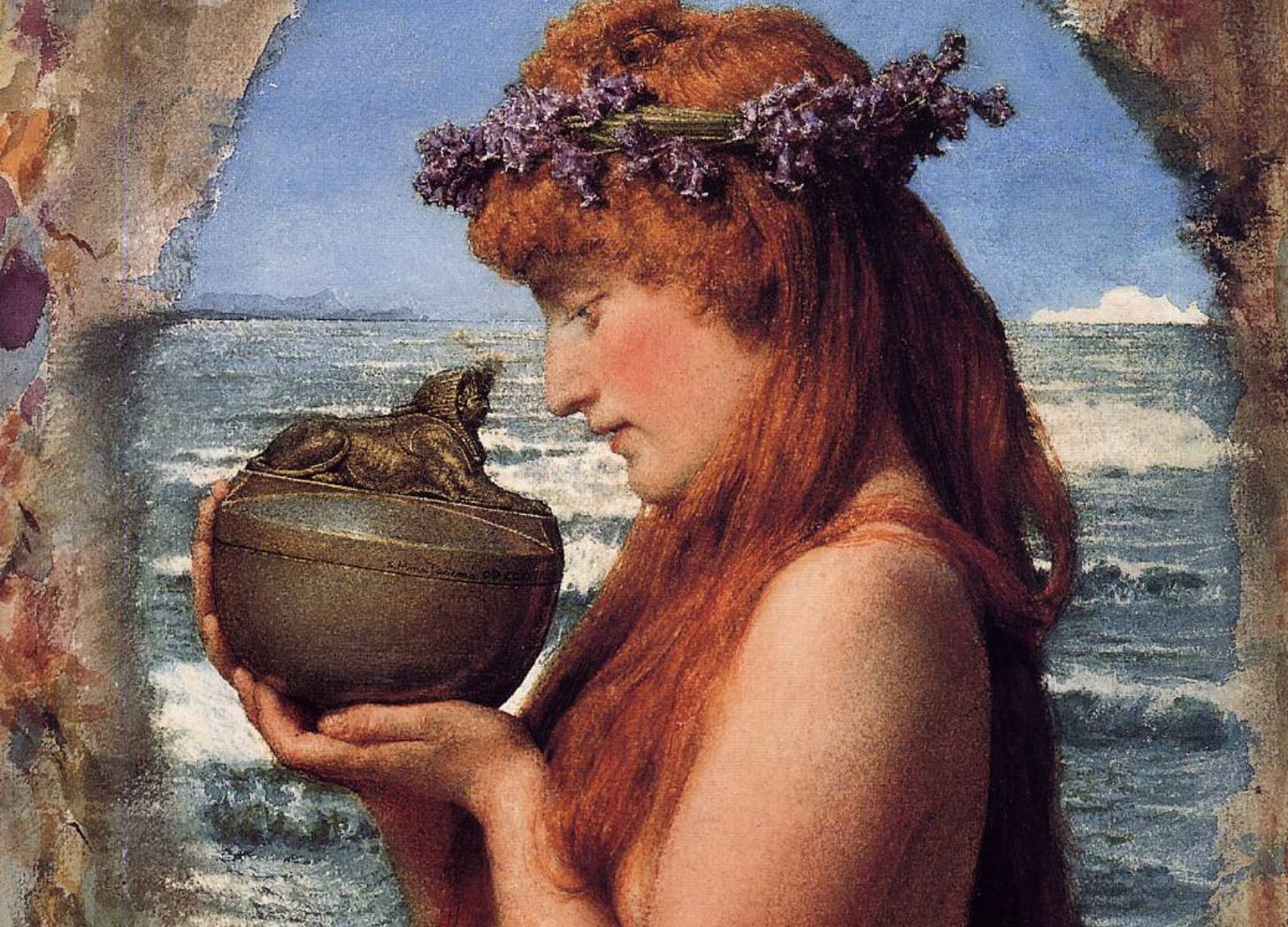Pandora: The Mythic AI Deepfake
Do We Really Have the Courage to Open the Box?
The words thank you flash on Daria’s screen when I lift my phone to take her picture. Daria is an Uber delivery robot who pals around my Atlanta neighborhood with her associate Sophie. At the crosswalk, we wait together. I’m on two feet. They’re on four wheels.
Identical twins, save for t…




